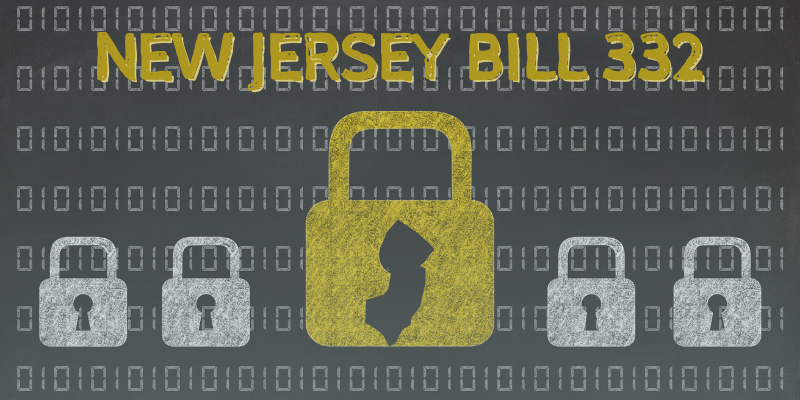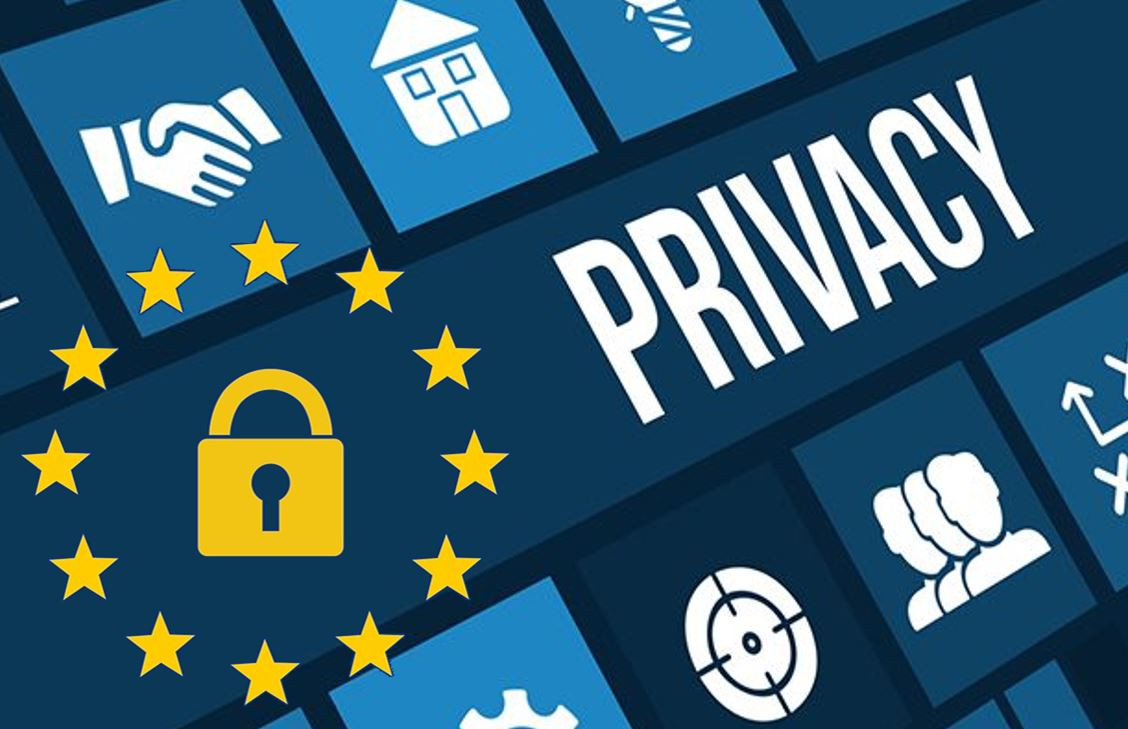New Jersey Steps Up: A Closer Look at the State's Comprehensive Privacy Law
In a big move to protect people's online privacy, New Jersey has now joined 13 other states in adopting a thorough state privacy law. Governor Phil...
1 min read
.jpeg) Michael Markulec
:
Dec 5, 2023 9:42:51 AM
Michael Markulec
:
Dec 5, 2023 9:42:51 AM
.png)
Safeguarding customer data has emerged as a major legislative priority in the current digital environment in the United States. The absence of a comprehensive federal law has led individual states to spearhead their initiatives in enacting consumer data privacy laws, resulting in a mosaic of regulations that vary significantly from state to state.
At present, a dozen states have implemented comprehensive data privacy laws. California stands at the forefront, blazing with the California Consumer Privacy Act (CCPA) and the subsequent California Privacy Rights Act (CPRA). CCPA, initiated in 2018 and further augmented by CPRA in 2020, established fundamental privacy rights and business obligations concerning collecting and selling Californians' personal information.
Joining California, Virginia, and subsequently other states, Colorado instituted the Colorado Privacy Act (CPA) with five core consumer rights, including access, correction, deletion, data portability, and the right to opt-out. Meanwhile, Connecticut, Delaware, Indiana, Iowa, Montana, Oregon, Tennessee, Texas, and Utah introduced nuanced variations of comprehensive privacy laws, exhibiting diverse approaches to safeguarding consumer data.
The intricacies within these state laws are evident. For instance, while some states like Connecticut and Delaware have amplified data protections for children, others like Iowa and Montana provide a framework that's seen as more business-friendly but potentially weaker in data protection. Variations also exist concerning the rights granted to consumers, with some states offering the right to delete or correct data while others do not extend these privileges.
Moreover, the timelines for these laws to take effect diverge significantly. States like California and Virginia swiftly enacted their legislation, whereas others, such as Texas and Tennessee, have laws scheduled for implementation in the coming years. This patchwork of regulations, with different effective dates and varying degrees of stringency, poses significant compliance challenges for companies operating across multiple states.
Additionally, several states like Nevada, Maine, Michigan, Minnesota, and Vermont have adopted tailored privacy legislation, emphasizing the diversity of approaches taken by different states to protect consumer data.
As more states introduce or consider their privacy bills, the landscape of data privacy laws continues to evolve. The disparities in implementation, enforcement, and the scope of these laws underscore the complex and challenging environment companies face in navigating and complying with many state-level regulations.
Businesses must remain vigilant and adaptable to the evolving legal landscape amid this regulatory maze. Staying up to date with these developments requires resources and knowledge. This helps businesses manage risks and ensure they comply with the US's various and constantly changing consumer data privacy laws.

In a big move to protect people's online privacy, New Jersey has now joined 13 other states in adopting a thorough state privacy law. Governor Phil...

The General Data Protection Regulation (GDPR) is a comprehensive data protection law that came into effect on May 25, 2018. It applies to all...

You can learn how to protect your valuable data with these essential backup strategies.